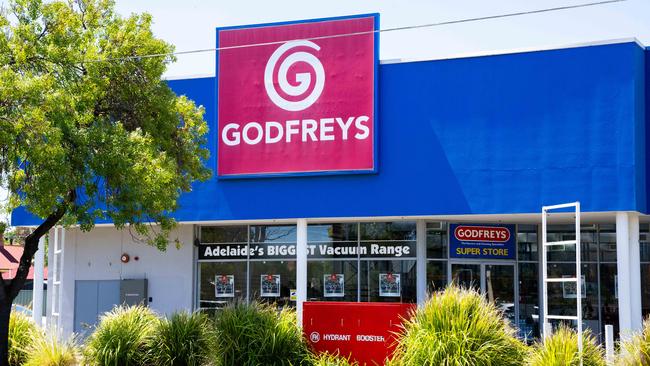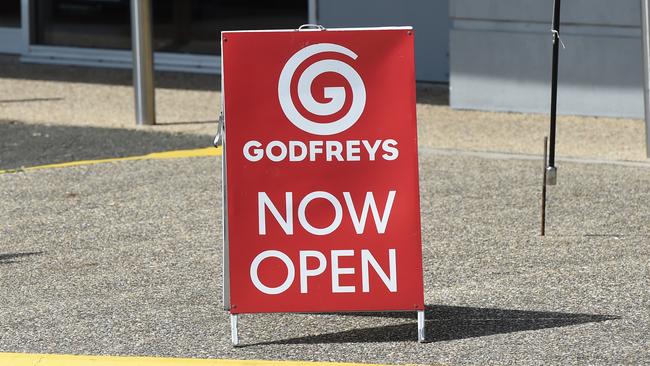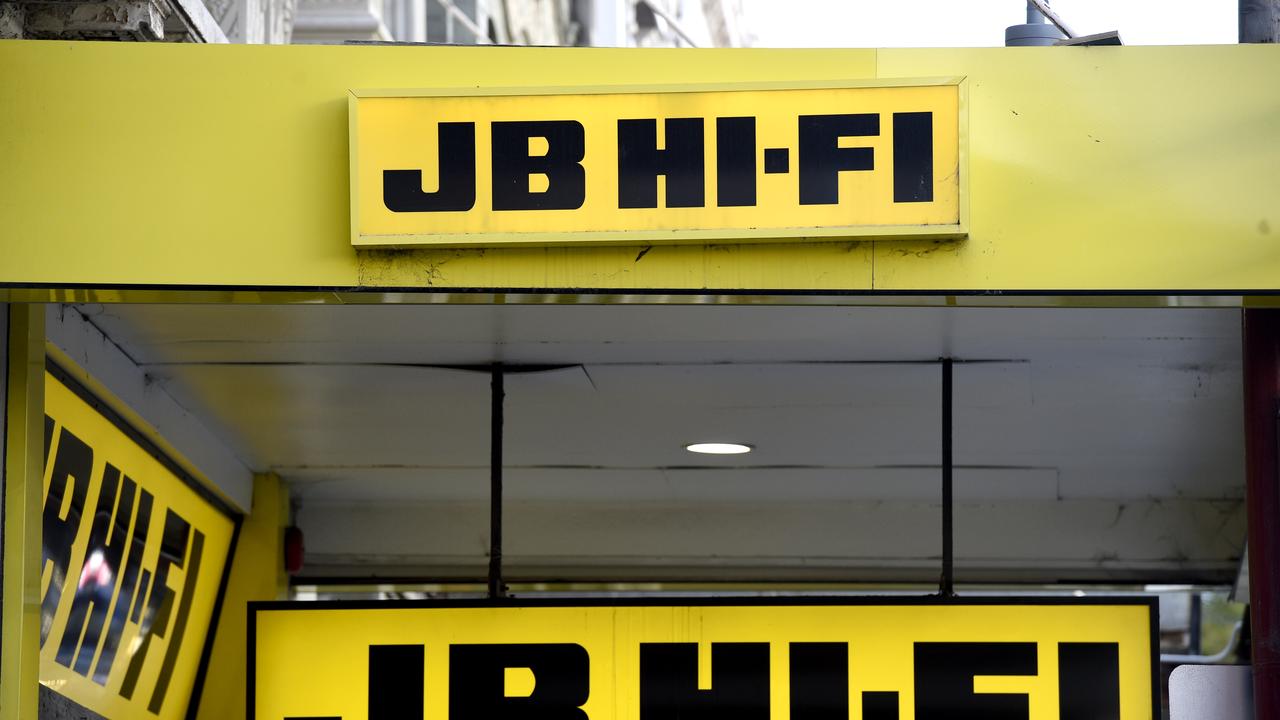Godfreys has been relaunched online, one of a growing number of failed businesses to re-emerge
A year after its collapse, vacuum retailer Godfreys has re-emerged as an online-only retailer as its new owner capitalises on the name and brand awareness of the 93-year-old business.

A year after its collapse, vacuum retailer Godfreys has been resurrected online by its new owner as part of a growing trend whereby failed brands have been given a future through e-commerce.
Future Innovation Holdings acquired the Godfreys and Godfreys Commercial brands and assets last June, and has launched the retailer under a new model.
The new-look retailer has ramped up its marketing for 2025, telling former customers that “Godfreys is back online”.
Queensland University of Technology Professor of retail marketing and consumer behaviour Gary Mortimer said selling well-known brands purely online was a smart strategy.
“A brand like Godfreys has been around for almost 100 years, has some brand equity and people, which inspires a purchase,” he said.
“It also reduces the operational costs that you need with a physical store.
“Becoming a pure-play online retailer, you might have a small group of staff operating centrally. There’s no need to present the store.
“There’s no need to have nice signage, nice floors, nice lighting. You’re picking goods from a warehouse so costs naturally fall.”

Future Innovation Holding’s sole director is veteran Melbourne cleaning products distributor Joseph Camilleri.
Mr Camilleri is also the sole director and managing director of Central Cleaning Supplies, one of Australia’s largest distributors of cleaning materials, chemicals and equipment.
He has built that business up over 30 years and it now employs 60 people with sales and distribution centres in Victoria, NSW, South Australia and Western Australia.
Both Godfreys and CCS are run out of the same address at Paramount Rd, West Footscray, in Melbourne.
The 58-year-old, whose registered address is in Essendon, registered Future Innovation Holdings in May last year. Mr Camilleri could not be reached for comment.
Godfreys joins a growing group of well-known brands which have collapsed and been resurrected online.
ASX-listed online-only retailer Kogan.com acquired the assets of failed electrical goods retailer Dick Smith in 2016, four years after its acquisition by Anchorage Capital Partners.
Kogan bought brands, online website and the customer database for a reported $2.6m after receivers failed to find a suitable buyer for the company.
New Zealand online retailer Catch Group purchased the Pumpkin Patch brand, customer list and intellectual property after the company went into voluntary administration and closed down all of its stores after 27 years in business. In 2019 Catch Group was sold to Wesfarmers for $230m.
Overseas, renowned UK department store chain Debenhams’ brand, e-commerce operations and assets were bought by British online fashion retailers Boohoo in 2021 for £55m after it collapsed.
Boohoo has also bought the former Aurora Fashion stable of brands – Oasis, Karen Millen, Coast, and Warehouse.
Godfreys Online said that alongside an extensive range of vacuum cleaners from brands such as Wertheim, Sauber, I-Vac, Pullman and Optim, it would offer a “ variety of top-notch cleaning solutions” such as steam mops, carpet shampooers, hard-floor cleaners and various floor-care equipment.
“We continue to lead the market through innovation and plenty of good old-fashioned hard work,” the company said.
According market data specialists Statista, e-commerce spending in 2024 in Australia grew to a record high of $56bn and will reach $93bn by 2029 when more than 80 per cent of Australian households will be shopping online.

Prof Mortimer said Australians spend about $4bn online every month.
“Certain sectors are more exposed than others,” he said.
“When you’re dealing with consumer electronics and general merchandise products the proportion of online revenue is 25 per cent to 30 per cent.
“But it’s still a relatively challenging time and until the RBA starts to lower interest rates we will start seeing more confidence in the market place.”
Godfreys was founded in 1931 when founder Godfrey Cohen bought 30 vacuum cleaners from the newspaper auction columns and convinced his father to give him some window space in the family’s furniture shop.
With business partner John Johnston the first Godfreys store opened its doors in Melbourne’s historic Prahran Market and grew to have 141 stores with 600 staff, while another 28 outlets were run by franchisees.
However, hurt by increasing competition from larger rivals like Harvey Norman and Amazon, Godfreys had been losing significant amounts money and according to administrators PwC in a report filed with ASIC, its financial performance “deteriorated” noticeably in 2023 and 2024. In the seven months to January 31, 2024 Godfreys accumulated losses of $22.3m.
PwC attributed Godfrey’s demise to a reduction in sales, an increase in the cost of acquiring stock, rising freight costs, increased costs from wages and rents, an inability to reduce head office costs and failure to close poor performing retail stores to stem losses.






